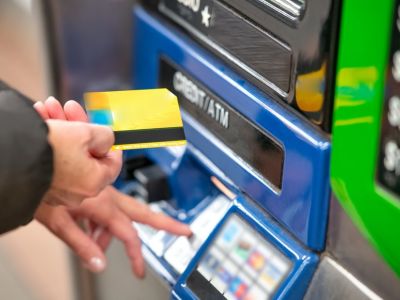Improper Credit Given for Research Data (adapted from NSPE Case No. 92-7)

This case raises the question of how best to remedy an honest mistake in crediting the proper source of research information.
Ramos is the head of a chemical company. As a part of a research and development effort, Ramos offers to provide funding to the chemical department of a major university for removing poisonous heavy metals (chromium, copper, lead, nickel, zinc) from waste streams. In return, the university agrees to give Ramos's company the exclusive rights to any technology developed in the field of water treatment or waste stream management. As a compensation, the university will also receive a royalty from the company from the profits derived from the use of the technology.
At the university, a group of professors, led by Polinski, decide to form a company to exploit the technology obtained except for water treatment and water waste management.
Meanwhile, at the same time the university is conducting research in this, Ramos's company is conducting its own parallel research. Both teams obtain data and performance figures, and Ramos's company freely shares its results with those in Polinski's company.
Later, Deponiadis, a professor of civil engineering at the university, wants to conduct research and publish a paper relating to sewage treatment technology. He contacts the professors in the chemistry department, who furnish him with data from their tests, as well as with data from Ramos's company. Deponiadis is totally unaware that the results come from two parties.
Deponiadis is successful in his research, and his article is published in a major journal. The data obtained by Ramos's company is displayed prominently in the paper, and makes up a major portion of the article. The paper credits the members of the chemistry department, but nowhere mentions the contributions of Ramos's company, even though their funds supported both projects. Deponiadis later learns that Ramos's company was the major contributor to the data in his paper.
Is it plagiarism for Deponiadis to publish the data without publishing the full sources? Is it Deponiadis's obligation to give full credit to Ramos's company? Should Ramos take any action after discovering the article? Is so, what kind? What additional information would help you analyze the situation further?
NSPE Code of Ethics An earlier version may have been used in this case.
See the original NSPE case at: Research Data - Case No. 92-7.

